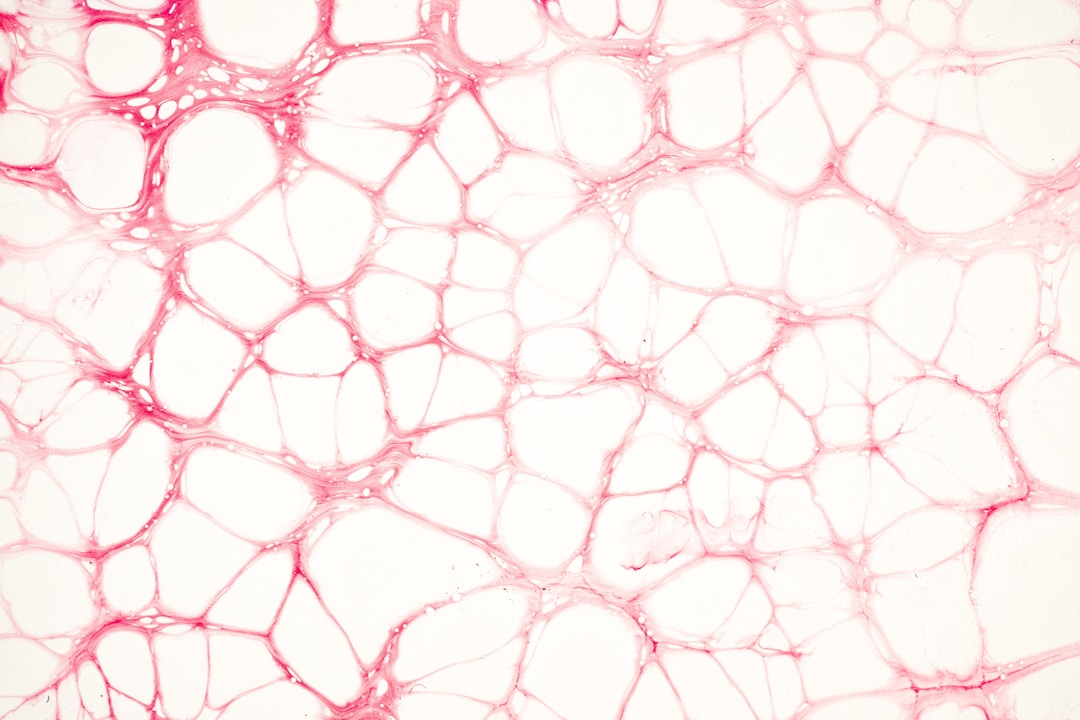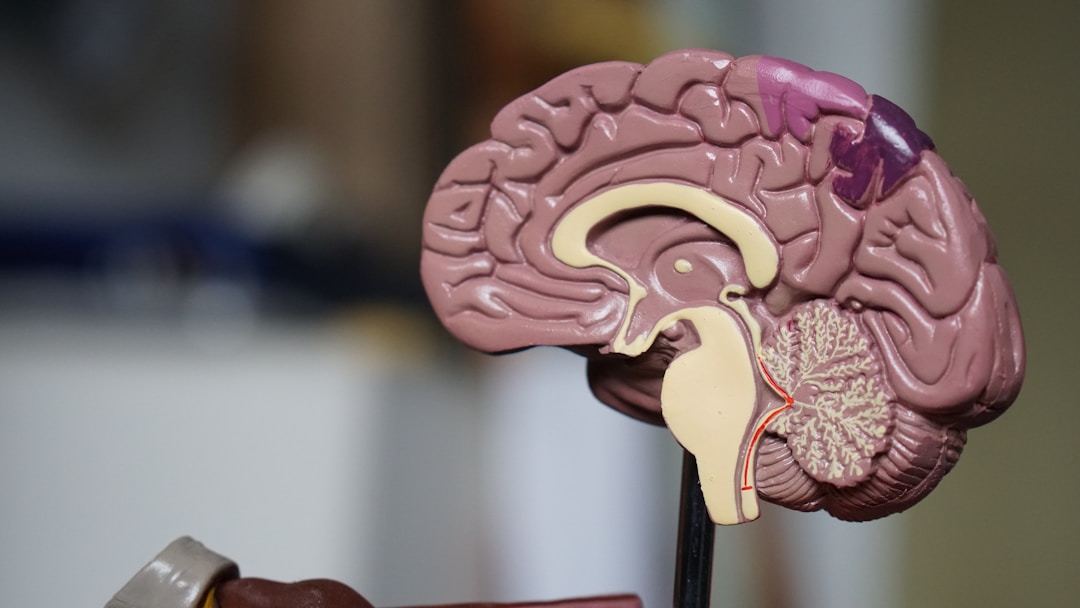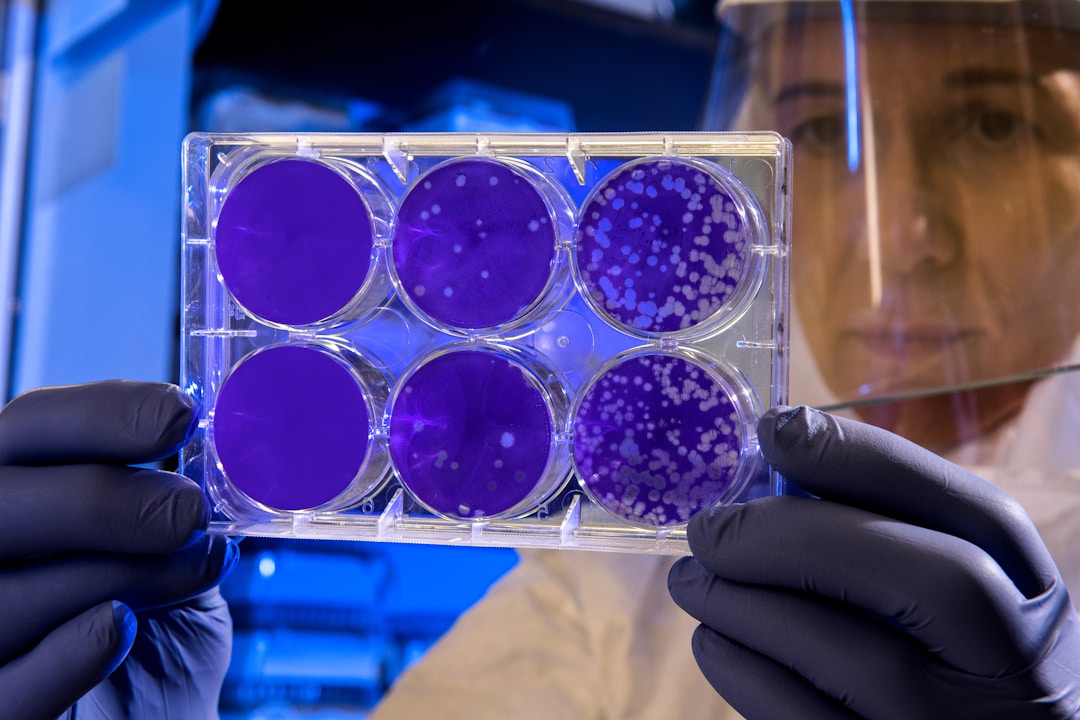As modern science advances, a spotlight is being cast on the various metabolic factors that encapsulate numerous physiological processes. A crucial metabolic factor at the core of these processes is NAD+ (nicotinamide adenine dinucleotide). This pivotal molecule commands a host of protective and regulatory functions that influence overall health and have substantial relevance in managing chronic diseases. In this article, you will unearth the immense therapeutic potential of NAD+, from safeguarding neurological health to managing and possibly mitigating chronic diseases.
Exploring NAD+

NAD+ is a vital molecule found in every cell of our body. It plays a crucial role in metabolism and is involved in various biological processes such as energy production, DNA repair, and maintaining overall cellular health. NAD+ is a coenzyme that acts as a key mediator in redox reactions, enabling the transfer of electrons from one molecule to another.
As we age, the levels of NAD+ in our cells naturally decline. This decline has been associated with aging-related diseases and a decrease in cellular functions. However, recent studies have revealed that supplementing with NAD+ precursors, such as nicotinamide riboside (NR) or nicotinamide mononucleotide (NMN), can boost NAD+ levels and potentially have a positive impact on health.
When NAD+ levels are increased, it activates enzymes called sirtuins, which are known to regulate gene expression and promote longevity. The activation of sirtuins through NAD+ supplementation has been shown to enhance mitochondrial function, improve metabolism, and increase cellular defense mechanisms against oxidative stress.
NAD+ has also gained significant attention for its potential role in promoting cellular rejuvenation and anti-aging effects. It has been suggested that NAD+ supplementation could have a positive impact on age-related conditions such as cardiovascular diseases, neurodegenerative disorders, and metabolic disorders. For instance, research has shown that NAD can help protect against neurological disorders such as Alzheimer’s and Parkinson’s disease. While more research is needed to understand the implications of NAD+ supplementation fully, it is an area of great interest in the field of longevity and anti-aging.
Associations of NAD+ with Neurological Health

One of the primary ways NAD+ supports neurological health is through its involvement in energy production. NAD+ participates in cellular respiration, aiding in the creation of ATP (Adenosine Triphosphate), the cell’s main source of energy. Efficient energy production is critical for proper brain functioning as it enables neurons to transmit signals effectively and maintain normal cognitive processes.
Furthermore, studies have shown that NAD+ plays a vital role in DNA repair and maintenance. The accumulation of DNA damage in the brain is associated with aging and neurodegenerative diseases. NAD+ acts as a cofactor for several DNA repair enzymes, enhancing their activity and promoting DNA integrity. By supporting DNA repair processes, NAD+ may help mitigate neuronal damage and delay the onset of age-related neurodegenerative conditions.
Another intriguing association between NAD+ and neurological health is its influence on sirtuins, a group of proteins known for their role in regulating cellular aging and stress response. NAD+ is a crucial component for activating sirtuins, and their activation has been linked to improved neuron survival, increased stress resistance, and enhanced cognitive function. Modulation of sirtuins by NAD+ can potentially protect against oxidative stress, inflammation, and neuroinflammation, all of which contribute to neurological impairments.
Given these associations, there is growing interest in developing therapeutic approaches that boost NAD+ levels in the brain. Strategies such as NAD+ precursor supplementation or interventions targeting enzymes involved in NAD+ synthesis are being explored as potential therapeutic avenues for various neurological disorders. Although more research is needed to fully understand the intricacies of these associations, the emerging field of NAD+ neurobiology holds great promise for improving neurological health and potentially mitigating the effects of aging and neurodegenerative diseases.
NAD+ and Aging: The Inextricable Link

Studies have shown a clear link between the natural aging process and decreasing levels of NAD. As we grow older, the natural levels of NAD in our bodies begin to decline. This reduction is believed to contribute to the aging process itself, leading to a decrease in cellular health and function that manifests as the physical signs and symptoms of aging.
Why do NAD levels decline with age, you might ask? The answer lies in a combination of factors, including increased DNA damage, a less efficient immune system, and a slower metabolism. All these factors put pressure on the resources in our bodies, including NAD. Maintaining optimal NAD levels is, therefore, seen as a potential strategy for slowing down the aging process and maintaining health and vitality into older age.
Several emerging studies are investigating the potential benefits of boosting NAD levels to support healthy NAD levels and potentially slow down the aging process. While these studies have yielded promising results, it’s vital to remember that maintaining a healthy lifestyle complete with balanced nutrition, regular exercise, and adequate sleep is crucial for supporting overall health and well-being.
NAD+ in Chronic Disease Management
The association between declining NAD+ levels and the onset of various chronic conditions, including cancer, diabetes, and cardiovascular diseases, seems more than coincidental. Adequate levels of NAD+ seem vital in mitigating these diseases and promoting recovery by supporting cellular health and improving energy metabolism.
Interestingly, it’s not only the decreased levels of NAD that may contribute to these diseases but also the ratio of NAD to its reduced form, NADH. An imbalance in this ratio, often favoring NADH, has been linked to various diseases, including cardiovascular disease and cancer. This imbalance can lead to an increase in harmful free radicals, damage to cellular structures, and disruptions in energy metabolism, all of which are crucial for maintaining healthy functioning cells.
Importantly, sustained inflammation, characteristic of chronic diseases, can lead to depletion of NAD+ levels. This can compromise cellular metabolism and amplify the disease attributes. In that regard, NAD+ repletion could emerge as an effective strategy for managing chronic conditions and possibly providing therapeutic benefits.
Despite the significant potential, it’s worth noting that research in terms of clinical trials is still lacking accurate conclusions. However, the current scientific literature conveys promising signals about the role of NAD+ in chronic disease management.
Methods to Boost NAD+ Levels
Considering the significance of NAD+ in numerous health aspects, you might be wondering how to maintain or increase the levels of this crucial molecule. While NAD+ itself is not a dietary supplement, certain precursors, including niacinamide, nicotinic acid, and nicotinamide riboside, can be ingested and converted into NAD+ in the body.
Additionally, lifestyle factors such as regular physical exercise and caloric restriction have been shown to stimulate NAD+ production. Besides, several pharmaceutical agents are being studied for their potential to elevate NAD+ or maintain its levels.
It’s important to note that prescriptive health measures should always be discussed with healthcare professionals before implementation. While NAD+ supplementation shows promise, it is vital to balance it with a comprehensive approach toward diet and lifestyle.
Challenges and Future Directions

While the therapeutic potential of NAD+ is compelling and promising, it is important to understand that scientific exploration in this field is still ongoing. There remain several challenges to be addressed before NAD+ augmentation can become a widespread therapeutic strategy for a range of pathologies. These challenges include understanding the optimal dosage and administration route, potential side effects, and interaction with other medications and conditions.
Moreover, there is a call for large-scale, comprehensive clinical trials to truly establish the safety and effectiveness of NAD+ supplementation in managing chronic diseases and improving overall health. Despite these challenges, the upcoming research is bright and hopeful and could shed more light on the promising terrain of NAD+ therapy.
Last but not least, one has to consider socio-economic, ethical, and regulatory aspects as well. Unraveling the potential of NAD+ supplementation and its widespread availability will pose questions and considerations that go beyond science. It will involve navigating regulatory pathways, ensuring patient safety, and assessing cost-effectiveness issues.
Altogether, NAD+ is an exciting molecule that has attracted the attention of researchers for its potential in managing a plethora of health issues. From mitigating aging to managing chronic diseases, the role of NAD+ is certainly promising. However, much remains to be explored in future research. With the pieces of the puzzle slowly falling into place, the potential of NAD+ augmentation within therapeutic protocols offers a hopeful perspective on the future of health and disease management.

